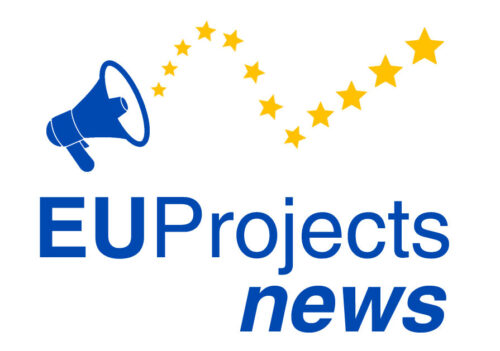
The “SELF – Solo Entrepreneurs Learning Framework,” co-funded by the Erasmus+ Programme of the European Commission, has unveiled the results of its comprehensive Pan-European assessment carried out as part of Work Package 2 (WP2). This assessment provides an in-depth look at the current landscape of self-employment and self-entrepreneurship, focusing on the dynamics of education and training opportunities across Europe.
The SELF project aims to enhance the entrepreneurial skills of higher education (HE) students by promoting solo-entrepreneurship and creating a unified digital market for solo-entrepreneurs. Coordinated by the University of Malaga, the project includes partners such as the University of Aveiro, EDUCATT, IHF asbl, IDP, IWS, and UNIBA.
The assessment highlights several crucial findings:
Limited institutionalized education for self-entrepreneurs
Despite a growing interest in freelancing and solo entrepreneurship, institutionalized education and training options remain scarce. Most available resources are paid online courses, which often lack the necessary support mechanisms to help young aspiring self-entrepreneurs transition into early-incubation stages.
EU’s role in democratizing access to entrepreneurship education
Amidst these challenges, the European Union is making significant strides in democratising access to entrepreneurship education. Various accessible resources are being developed to empower aspiring self-entrepreneurs with essential knowledge and skills, providing the support needed to transform their ideas into action.
Decline in self-employment due to technological and pandemic-related disruptions
The assessment reveals a notable downturn in the trajectory of self-employment in Europe. This decline is attributed to the rapid evolution of technology and the disruptive effects of the COVID-19 pandemic, which have posed significant challenges for self-entrepreneurs across various sectors.
Gender disparity in self-entrepreneurship
A persistent gender disparity in self-entrepreneurship is evident, with a concerning prevalence of “missing” women self-entrepreneurs. The report underscores the need for targeted policies to foster inclusion and equal opportunities, aiming to narrow the gender gap and unlock the full potential of aspiring female entrepreneurs.
EU’s multifaceted approach to supporting self-entrepreneurs
The EU is actively championing initiatives to support the self-employed and self-entrepreneurs holistically, particularly focusing on young people, HE students, and fresh graduates. These initiatives range from providing vital financial assistance to implementing measures that address socioeconomic disparities and enhance essential skills and competencies.
There is a collective expectation for EU institutions to advocate for integrating courses tailored to the needs of young aspiring self-entrepreneurs within the academic curricula of European universities. The SELF project is indeed expected to lay the groundwork for a more inclusive and dynamic entrepreneurial ecosystem.
Stay tuned for future results and more information on the project’s website https://solobiz.eu/index.php?lang=EN







